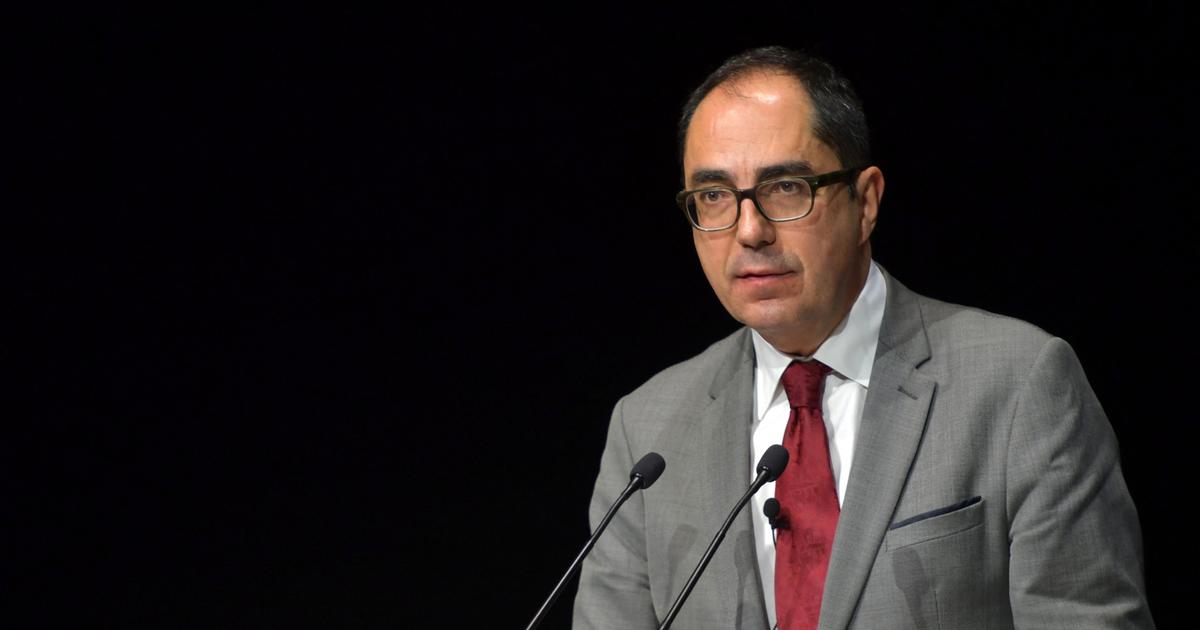INFO THE FIGARO – The text, which should be the subject of a law, produced by the former boss of the Louvre, was commissioned by Emmanuel Macron and delivered on April 26 to the Ministries of Culture and Foreign Affairs.
Which African art objects should be returned? On what basis and to whom? Almost six years after Emmanuel Macron’s speech in Ouagadougou, in which the president pleaded for “refunds“, the Jean-Luc Martinez report lists a series of criteria that can frame this movement. The 80-page text, commissioned by the Presidency of the Republic from the former president of the Louvre, was delivered on Wednesday to the Minister of Culture, Rima Abdul Malak, and to that of Foreign Affairs, Catherine Colonna. It is intended as a tool at the service of a future framework law, announced by the government and presented before the summer. It concerns the entire African continent, and not just the former French colonies.
“It is not a question of objectifying this policy, while depoliticizing the debate”, explains Jean-Luc Martinez, now ambassador in charge of international cooperation in the field of heritage – and indicted in the case of false certificates for several Egyptian antiquities acquired by the Louvre Abu Dhabi. After traveling to several African states and conducting dozens of interviews, Martinez says he is convinced that a framework law can make it possible to “come out of repentance”. African countries, he believes, do not approach heritage restitution from the angle of repairing the colonial past, but in the name of the future of their youth.
The report recommends starting from an official request made by a State, which excludes those made by communities. If several States claim the same object or the same series of objects, as is the case for the treasure of Segou, claimed by both Mali and Senegal, the report suggests going through a tripartite agreement. Once the request(s) have been made, a bilateral scientific commission would examine the claimed heritage, trying to define whether its acquisition was illegal or illegitimate. The latter would then have two years to decide, and then publish its conclusions.
“Wealth Sharing”
Apart from restitutions in good and due form, like many directors of African museums, the report suggests organizing “Wealth Sharing.» “Loans require museums to take out insurance, which is expensive, and you cannot deposit an object belonging to a French museum for more than five years. Transfer agreements, with custodial obligations, could be implemented,” continues Jean Luc Martinez.
He believes that a framework law would create momentum, but would not “would not empty French museums”. The latter, including the Quai Branly, the Army Museum or the Natural History Museum, have begun to focus on their African collections, and to hire researchers from there. The Quai Branly, which has 70,000 objects of African art, is for example in the process of sifting through the thousands of objects brought back by the Dakar Djibouti mission in the 1930s – some of which we know were donated or sold under questionable conditions.
So far, some eight countries have made official requests to France. Senegal claims 10,000 objects, Ethiopia 3,000 pieces, Chad 10,000 objects, Mali 16 pieces and Benin wants to pursue its request. Madagascar, for its part, is demanding the official restitution of the crown of Queen Ranavalona III (currently on loan from France) and Côte d’Ivoire, the restitution of 148 works, starting with the Djidji Ayokwe, talking drum of the Ébrié people, confiscated in 1916, and currently at the Quai Branly. These requests sometimes intersect with others concerning human remains.
«Beyond the figures, it is above all the symbolic or memorial objects that are at the center of attention. Many countries also seek to complete what is missing in their collection“, continues the rapporteur. Rima Abdul Malak asserts, in an interview with The Obs Wednesday, that refunds allow “both sides to reconnect with history and with themselves, and to build another relationship to the world”.
